Luis Bonfá - Plays And Sings Bossa Nova (2019) [Hi-Res]
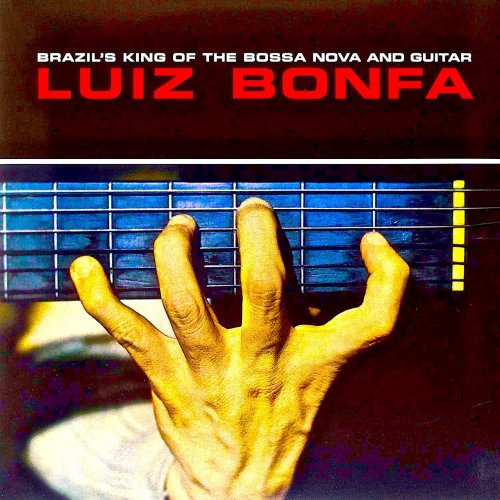
Artist: Luiz Bonfá
Title: Plays And Sings Bossa Nova
Year Of Release: 1963; 2019
Label: RevOla
Genre: Jazz, Latin, Bossa Nova
Quality: 16-bit/44.1kHz FLAC / 24-bit/44.1kHz FLAC
Total Time: 35:10 min
Total Size: 175; 349 MB
WebSite: Album Preview
Luiz Floriano Bonfá was born on October 17, 1922, in Rio de Janeiro. He studied in Rio with Uruguayan classical guitarist Isaías Sávio from the age of 11. These weekly lessons entailed a long, harsh commute by train (2 1/2 hours one way) and on foot from his family home in Santa Cruz, the western rural outskirts of Rio de Janeiro to the teacher's home in the hills of Santa Teresa. Given Bonfá's extraordinary dedication and talent for the guitar, Sávio excused the youngster's inability to pay for his lessons.Title: Plays And Sings Bossa Nova
Year Of Release: 1963; 2019
Label: RevOla
Genre: Jazz, Latin, Bossa Nova
Quality: 16-bit/44.1kHz FLAC / 24-bit/44.1kHz FLAC
Total Time: 35:10 min
Total Size: 175; 349 MB
WebSite: Album Preview
Bonfá first gained widespread exposure in Brazil in 1947 when he was featured on Rio's Rádio Nacional, then an important showcase for up-and-coming talent. He was a member of the vocal group Quitandinha Serenaders in the late 1940s. Some of his first compositions such as "Ranchinho de Palha", "O Vento Não Sabe", were recorded and performed by Brazilian crooner Dick Farney in the 1950s. Bonfá's first hit song was "De Cigarro em Cigarro" recorded by Nora Ney in 1957. It was through Farney that Bonfá was introduced to Antônio Carlos Jobim and Vinicius de Moraes, the leading songwriting team behind the worldwide explosion of Brazilian jazz/pop music in the late 1950s and 1960s. Bonfá collaborated with them and with other prominent Brazilian musicians and artists in productions of de Moraes' anthological play Orfeu da Conceição, which several years later gave origin to Marcel Camus' film Black Orpheus (Orfeu Negro in Portuguese). In the burgeoning days of Rio de Janeiro's thriving jazz scene, it was commonplace for musicians, artists, and dramatists to collaborate in such theatrical presentations. Bonfá wrote some of the original music featured in the film, including the numbers "Samba de Orfeu" and his most famous composition, "Manhã de Carnaval" (of which Carl Sigman later wrote a different set of English lyrics titled "A Day in the Life of a Fool"), which has been among the top ten standards played worldwide, according to The Guinness Book of World Records.
As a composer and performer, Bonfá was at heart an exponent of the bold, lyrical, lushly orchestrated, and emotionally charged samba-canção style that predated the arrival of João Gilberto's more refined and subdued bossa nova style. Jobim, João Donato, Dorival Caymmi, and other contemporaries were also essentially samba-canção musicians until the sudden, massive popularity of the young Gilberto's unique style of guitar playing and expressively muted vocals transformed the music of the day into the music of the future. Camus' film and Gilberto's and Jobim's collaborations with American jazzmen such as Stan Getz and Charlie Byrd did much to bring Brazilian popular music to the attention of the world, and Bonfá became a highly visible ambassador of Brazilian music in the United States beginning with the famous November 1962 Bossa Nova concert at New York's Carnegie Hall.
Bonfá worked with American musicians such as Quincy Jones, George Benson, Stan Getz, and Frank Sinatra, recording several albums while in U.S. Elvis Presley sang a Bonfá composition, "Almost in Love" with lyrics by Randy Starr in the 1968 MGM film Live a Little, Love a Little. Also of note is his "The Gentle Rain", with lyrics by Matt Dubey, and "Sambolero".
Bonfá died at 78 in Rio de Janeiro on January 12, 2001.
Tracklist:
01. Luiz Bonfá - Samba De Duas Notas (Remastered)
02. Luiz Bonfá - Vem So (Remastered)
03. Luiz Bonfá - Sambalamento (Remastered)
04. Luiz Bonfá - Tristeza (Remastered)
05. Luiz Bonfá - Manha De Carnaval (Remastered)
06. Luiz Bonfá - Silencio Do Amor (Remastered)
07. Luiz Bonfá - Domingo A Noite (Remastered)
08. Luiz Bonfá - Ilha De Coral (Remastered)
09. Luiz Bonfá - Adeus (Remastered)
10. Luiz Bonfá - Quebra Mar (Remastered)
11. Luiz Bonfá - Amor Que Acabou (Remastered)
12. Luiz Bonfá - Chora Tua Tristeza (Remastered)
13. Luiz Bonfá - Bossa Nova Cha-Cha (Remastered)
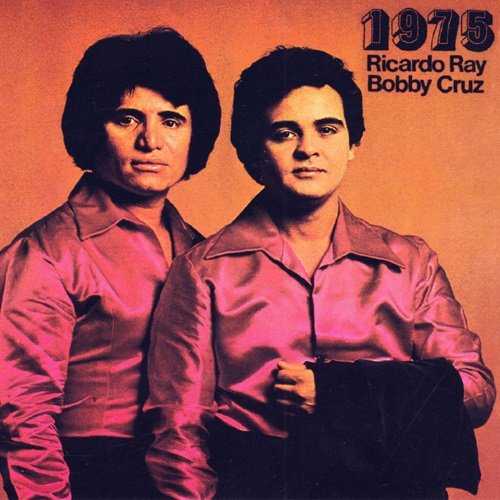
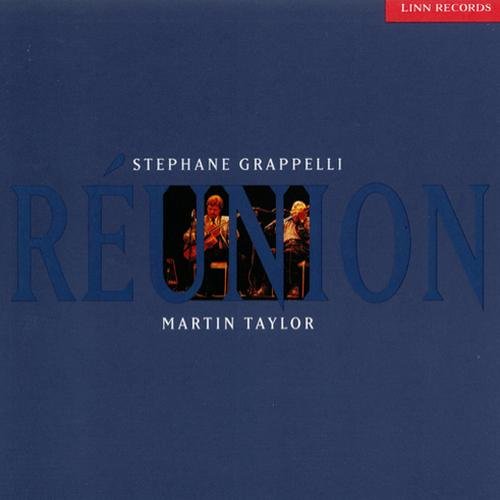
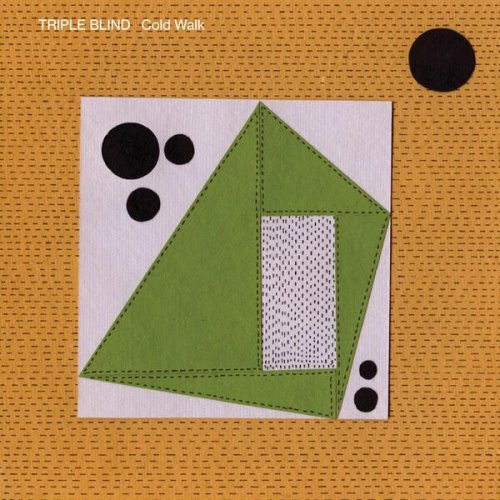

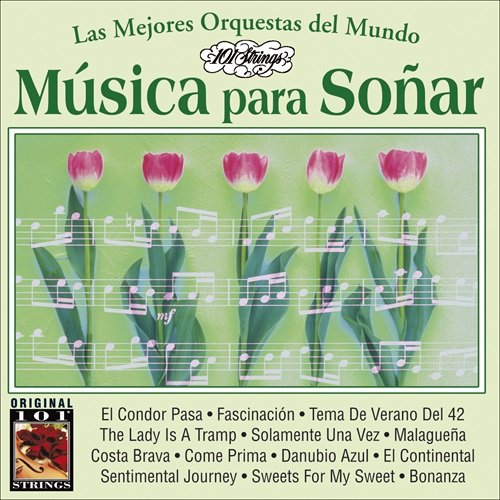
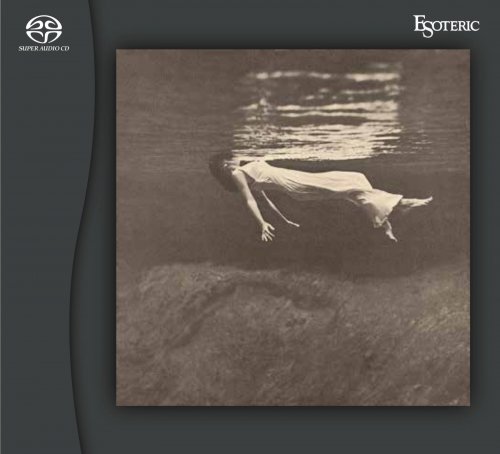

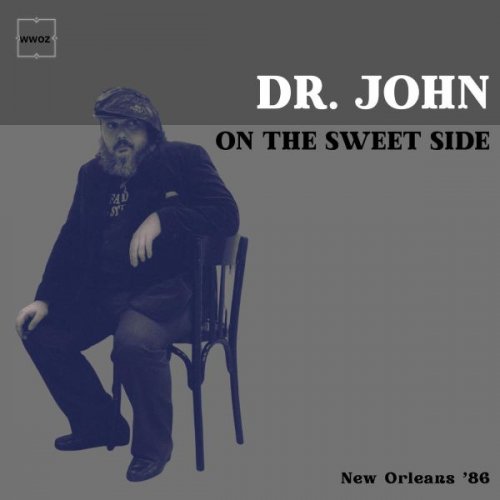
![Roberta Flack - Roberta Flack (2026 Remaster) [Hi-Res] Roberta Flack - Roberta Flack (2026 Remaster) [Hi-Res]](https://www.dibpic.com/uploads/posts/2026-02/1772098000_cover.png)